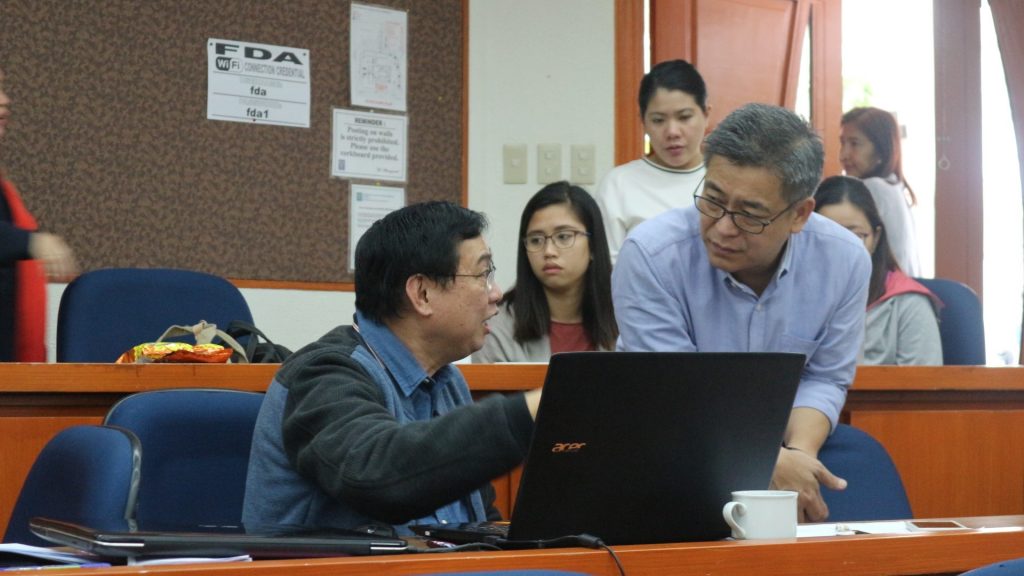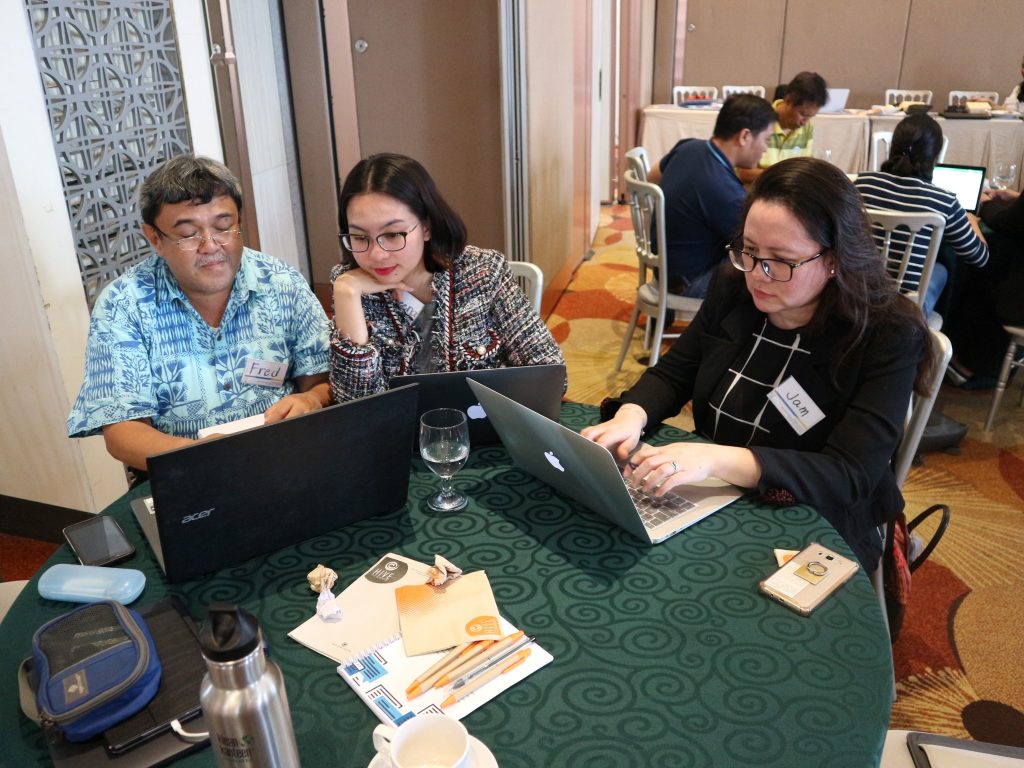The World Bank’s Ease of Doing Business 2018 reported an improvement in the Philippines’ business regulations as it tightens the gap with global regulatory frontier. From its 58.32 score on the distance to frontier metric in Doing Business 2017, it rose to 58.74 as it enriched its electronic system for tax payment and collection, and reduced its processing time to get an electricity connection. Amidst the incremental enhancements, the report also narrated that an entrepreneur in Quezon City would require 16 procedures, 28 days, and cost around 16% of income per capita to incorporate a business, then pay 42.9% of its commercial profits in 20 different taxes and contributions to multiple agencies. This evidently describes how small and medium enterprises still face substantial regulatory burden to start and operate a business, and how cumbersome regulation is associated with lower productivity.
The Organization for Economic Co-operation and Development (OECD) notes that regulation, as one of the three key levers of state power, is of utmost importance in shaping the welfare of economies and societies. While regulations may be perceived as controls and barriers for compliance, it is the government’s necessary intervention for better competition and development of the country. However, much of the current regulations in the Philippines have stemmed from reactionary measures rather than instruments arising from a coherent government strategy, thereby much of its compounded nature increase compliance costs for businesses and lead to unnecessary burdensome complexities. 
As the Philippine government aims to be more responsive to the changing needs of the citizenry and as it works to sustain the record high economic growth, there have been several efforts to reduce bureaucratic red tape in both social services and economic activities. The Development Academy of the Philippines (DAP) in partnership with the National Economic and Development Authority (NEDA) developed the Modernizing Government Regulations (MGR) Program aimed to examine the existing regulatory environments, determine how they affect the growth and operations of businesses, and develop proposals that would make those regulations more relevant and coherent.
It also hopes to develop an integrated business regulatory framework with a responsive, citizen-focused, systems and process-based Regulatory Management System that centers on horizontal governance. This follows the three stages of regulatory reform: de-regulation, regulatory quality improvement, and regulatory management; and uses the two tools in quality regulatory management system: regulatory impact assessment and cost compliance analysis.
The MGR Program is designed to support economic growth and make it more inclusive through an improved business climate with reduced regulatory cost and more transparent and relevant regulations. With the implementation of internationally recognized processes, systems, tools and methods for improving the quality of regulations or Good Regulatory Practices (GRP), it strives to form part of the Philippines’ regulatory reform that enhances the social fabric to ensure people-centered, clean and efficient governance laying down the foundation for inclusive growth, a high-trust society, and a globally competitive knowledge economy.
This in turn encourages the shift of business from the informal to the formal economy, supports the private sector to expand its economic activities, and attracts foreign direct investments. In the intention to streamline and decrease regulatory burden for all, smart regulation is in principle no regulation.

